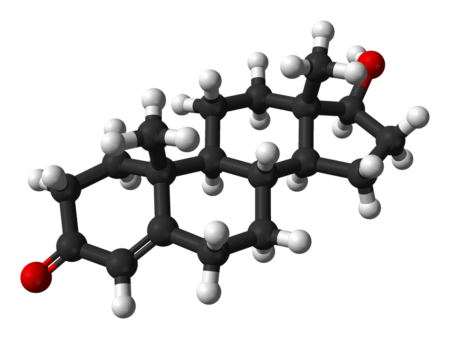Q: I’m often asked why testosterone production declines, and what the root cause is.
A: Testosterone production, testosterone is the primary male sex hormone and plays a crucial role in various aspects of a man’s health and well-being. However, as men age, their testosterone levels naturally decline. In this article, we will explore the causes behind this downhill decline and shed light on the factors that contribute to the decrease in testosterone production.
1. Aging and Hormonal Changes
One of the primary causes of the decline in testosterone levels is the natural process of aging. As men grow older, usually starting from their late 20s or early 30s, the body’s ability to produce testosterone gradually diminishes. Studies have demonstrated that testosterone levels decline by about 1% per year after the age of 30 and in many cases as high as 3% depending on the factors below.

2. Lifestyle Factors
Several lifestyle factors can contribute to the decline in testosterone production in men. These include:
- Obesity: Excessive body weight, particularly abdominal fat, has been associated with lower testosterone levels. Adipose tissue converts testosterone into estrogen, leading to an imbalance in hormone levels.
- Sedentary Lifestyle: Lack of physical activity and a sedentary lifestyle can lead to decreased testosterone production. Regular exercise, especially strength training, has been shown to boost testosterone levels.
- Poor Diet: A diet lacking in essential nutrients and vitamins can negatively impact testosterone production. Low intake of zinc, vitamin D, and healthy fats has been linked to lower testosterone levels.
3. Medical Conditions and Medications
Certain medical conditions and medications can also contribute to the decline in testosterone levels in men. These include:
- Hypogonadism: A condition characterized by the underproduction of testosterone due to problems with the testes or pituitary gland.
- Chronic Illnesses: Conditions like diabetes, kidney disease, and liver disease can affect testosterone production.
- Certain Medications: Some medications, such as corticosteroids and opioids, have been associated with reduced testosterone levels.
4. Stress and Mental Health
Chronic stress, anxiety, and poor mental health can have an impact on testosterone levels. Elevated stress hormones, such as cortisol, can interfere with testosterone production. Moreover, conditions like depression and chronic fatigue syndrome have been linked to lower testosterone levels.
5. Environmental Factors
Certain environmental factors can also contribute to the decline in testosterone levels. These include:
- Exposure to Endocrine Disruptors: Exposure to chemicals like phthalates, bisphenol A (BPA), and pesticides found in everyday products can interfere with hormone production, including testosterone.
- Lack of Sunlight: Vitamin D, often synthesized through sunlight exposure, is crucial for testosterone production. Insufficient sunlight exposure can lead to lower vitamin D levels and, subsequently, reduced testosterone production.
Conclusion
In addition to the aforementioned measures, some individuals may consider using natural supplements like AlphaViril™ to support testosterone production. AlphaViril™ is one such supplement that contains a blend of scientifically backed ingredients, including natural herbs and nutrients known to support hormonal balance and optimize testosterone levels. However, it is important to note that individual results may vary, and consulting with a healthcare professional before starting any supplement regimen is highly recommended. By combining a comprehensive understanding of the causes behind testosterone decline with lifestyle modifications and professional guidance, men can take proactive steps towards maintaining their optimal health and well-being as they navigate the natural aging process.
To learn much more about testosterone health and ways to bring your hormone to healthy levels Click Here!
**Disclosure Statement:** Make Money With Max Online promotes affiliate marketing products or services to help save time when searching for courses or products that actually work.
This means that when you click on an affiliate link provided on our website and make a purchase, we may cost you.
We only recommend products or services that we personally believe in and have used ourselves. The commissions we earn through affiliate marketing help support the maintenance and growth of our website, allowing us to continue providing valuable content to our readers.
Please note that our information and recommendations are solely based on our own experiences and research. Your own experience with any products or services recommended on our website may vary. Thank you for supporting Make Money With Max Online by using our affiliate links.
Your support helps us continue our mission of helpful and honest information to our readers.




